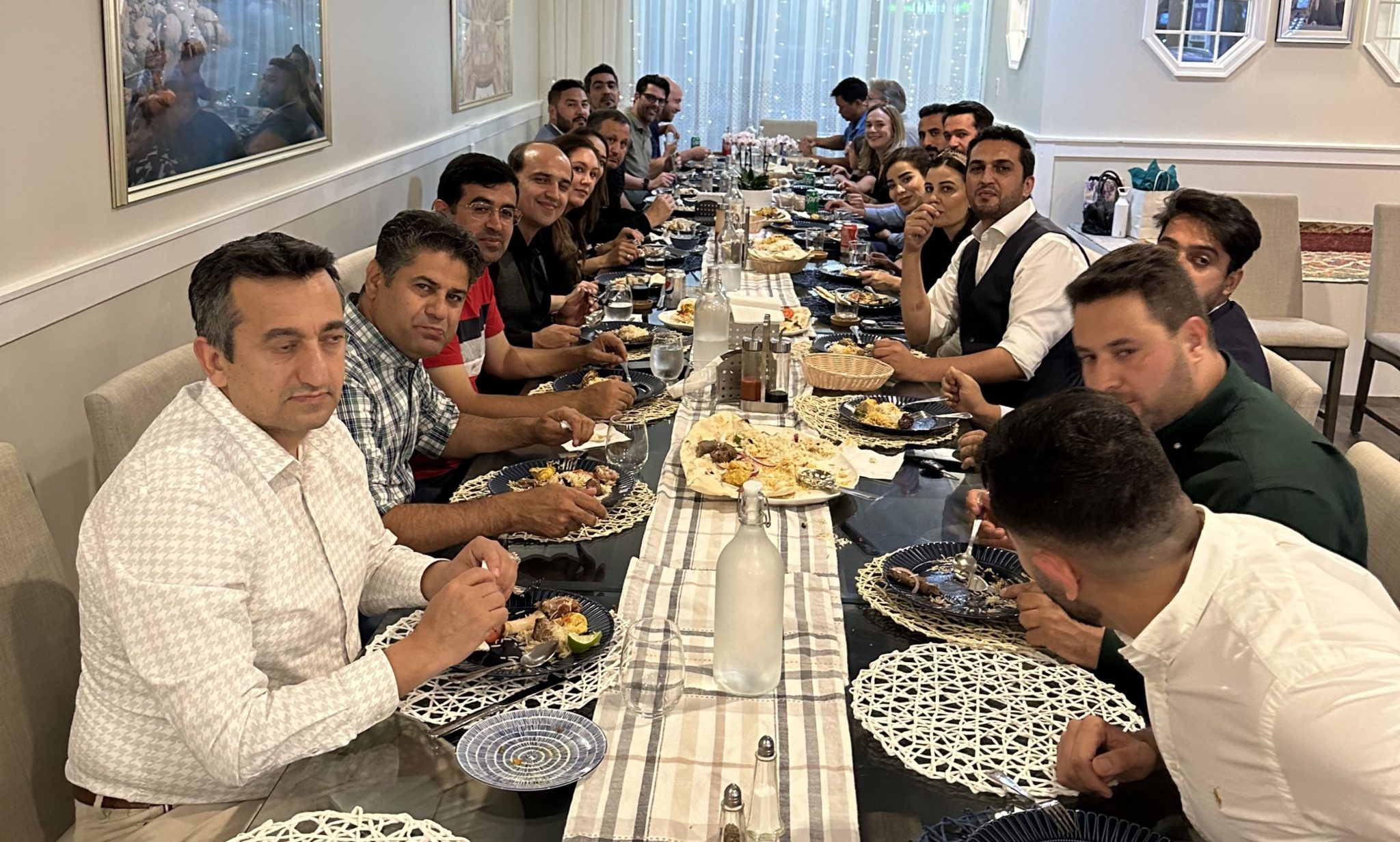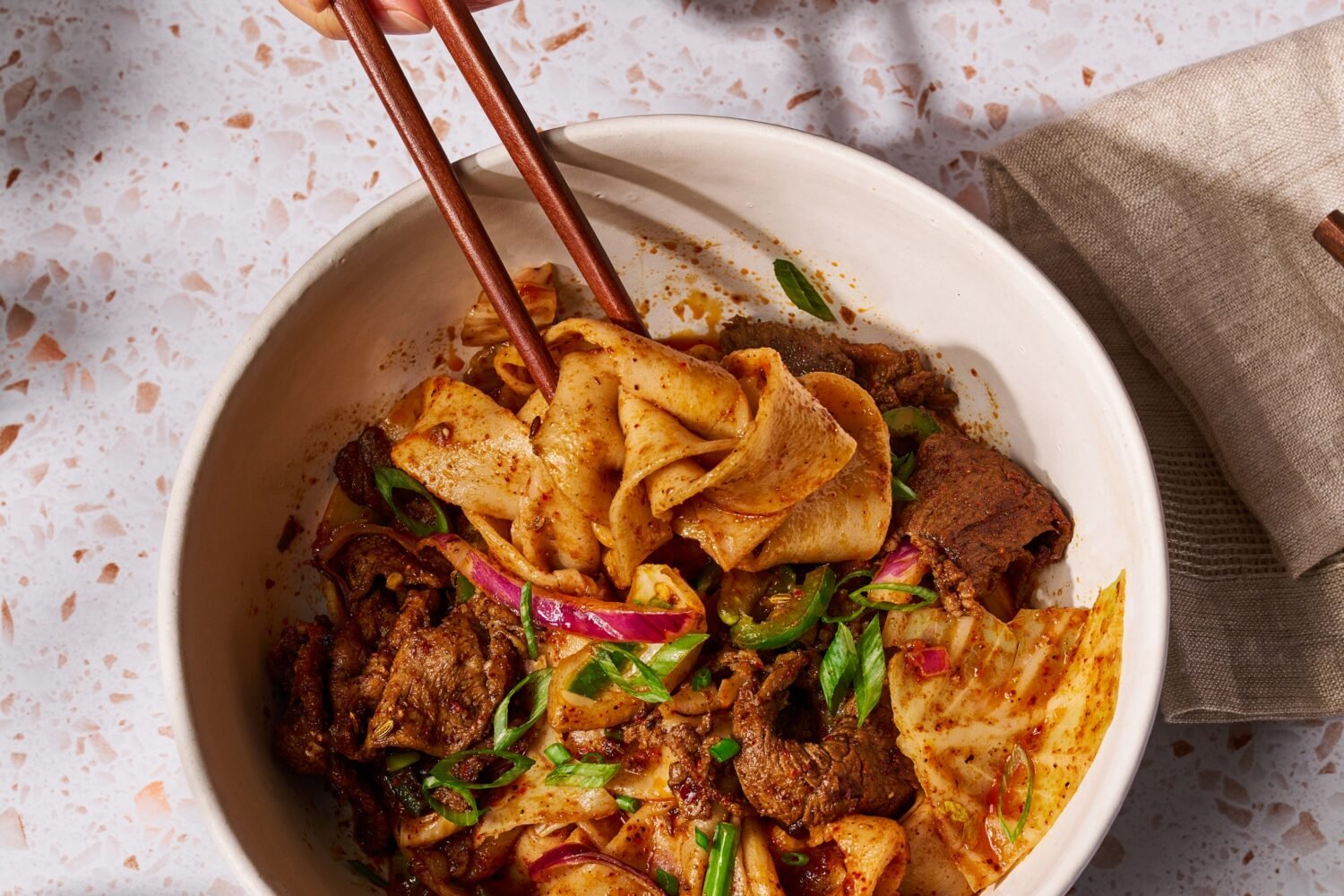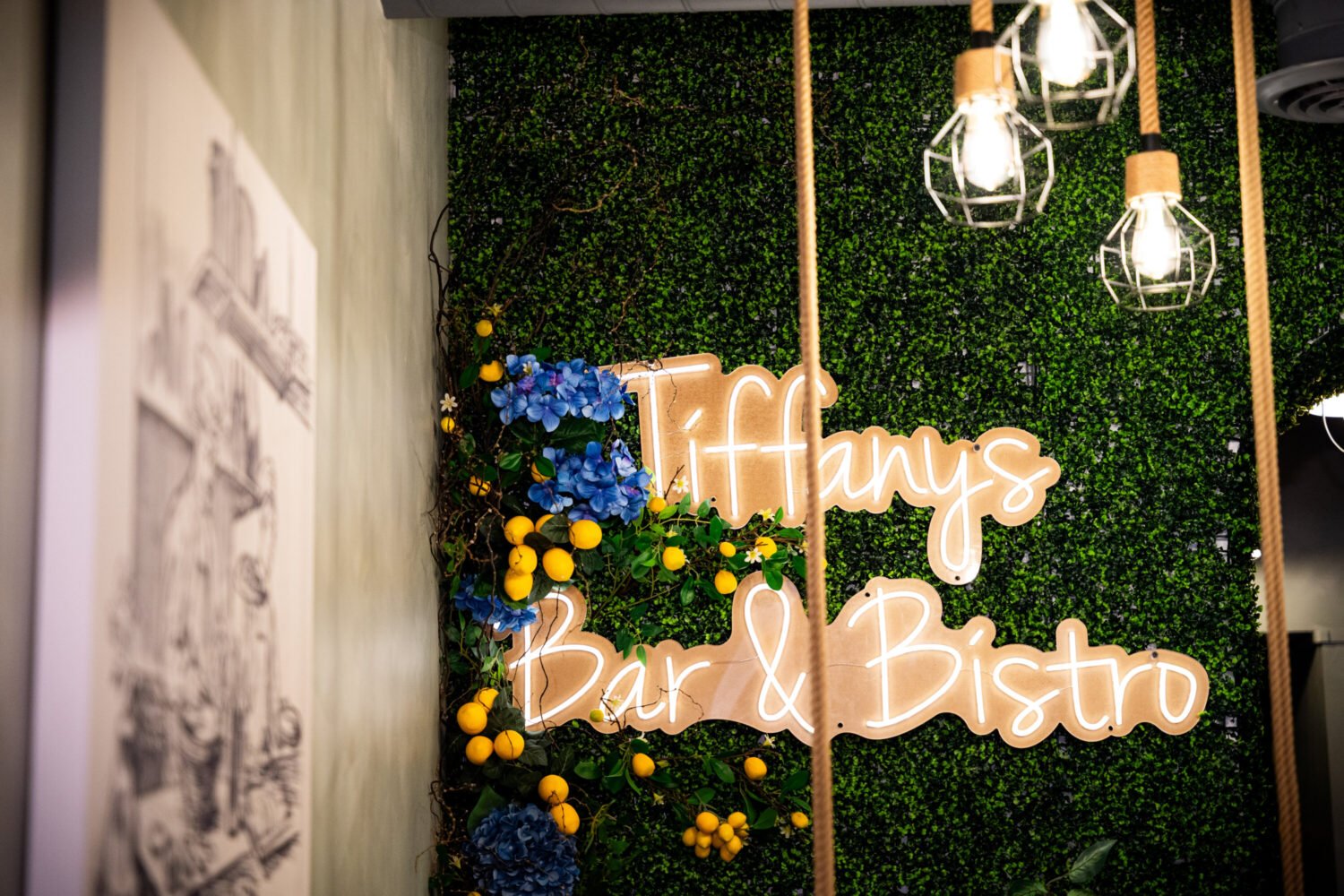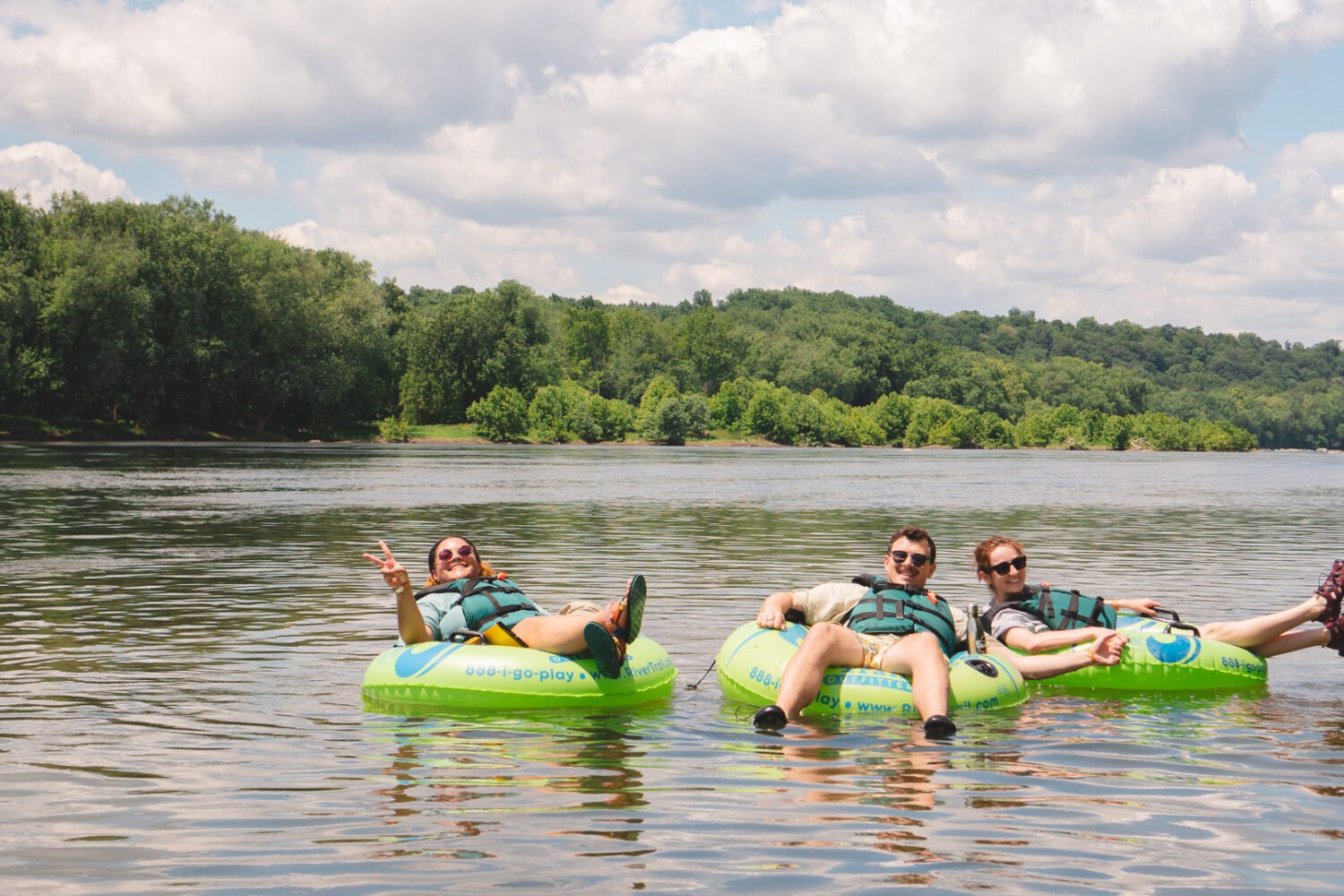About Restaurant Openings Around DC
A guide to the newest places to eat and drink.
My Kabul. 13919 Baltimore Ave., Laurel, Md.
Khalis Noori fled Kabul two years ago as the Taliban seized control of the city. When he arrived in the US, he jumped into supporting and resettling his fellow Afghans in the DC area. But he soon realized that the community needed more than just bare essentials—they needed a welcoming place to gather and eat. Last month, he opened My Kabul, a restaurant intended to be a haven for refugees, in Laurel, Maryland.
“I wanted this place to bring people together,” Noori says. “Many refugees are suffering from PTSD and depression. These people need to have someone to talk to. Not a counselor type of person, but someone who has gone through the same type of difficulties.”
The traditional Afghan restaurant employs evacuees from Kabul and offers half-price discounts to refugees from any country—not just Afghanistan. The practice will rely on donations from the community, Noori says. (People can email him at khalis.noori@googlemail.com to contribute.)
Like many educated Afghans who had worked with foreign governments, Noori knew he’d be a target when he heard Taliban fighters were approaching Kabul in the summer of 2021. A UK-educated development specialist, Noori was just starting a job as a consultant with the Afghan Ministry of Finance when he and his wife suddenly had to lay low at a friend’s house. They frantically called contacts in the US for advice.
“Every message from outside of Afghanistan said, ‘Don’t leave the house,’” Noori says. But he soon realized: “Either we get to that airport or we get killed.”
Noori and his family set out in separate taxis, Noori accompanied by friends with long beards so he wouldn’t arouse suspicion as a clean-shaven man traveling alone. They made it onto an evacuation flight to Qatar, then to Germany, where they stayed for a week in spartan conditions on a military base. From there, the family traveled to Dallas, then to Virginia, which has been home to many Afghan immigrants for decades.
While living at an Extended Stay America hotel, Noori secured a job with Lutheran Immigrant and Refugee Services helping more than 1,400 evacuees get settled and secure housing and jobs. He was soon promoted to director for field operations.
But while helping refugees plan celebrations for Eid and Nowruz, the Afghan new year, he discovered an unfortunate shortcoming of the area’s restaurants.
“Not all businesses are refugee friendly,” he says. “On Eid and Afghan new year, the hotels and restaurants were charging a tremendous amount of money and we didn’t have that.” One banquet hall even denied Noori’s request to hold a celebration for refugees.
“That was something that triggered me to open this restaurant and have it be refugee friendly,” he says. He also knew a restaurant could help people in a deeper way than he could as a case worker.
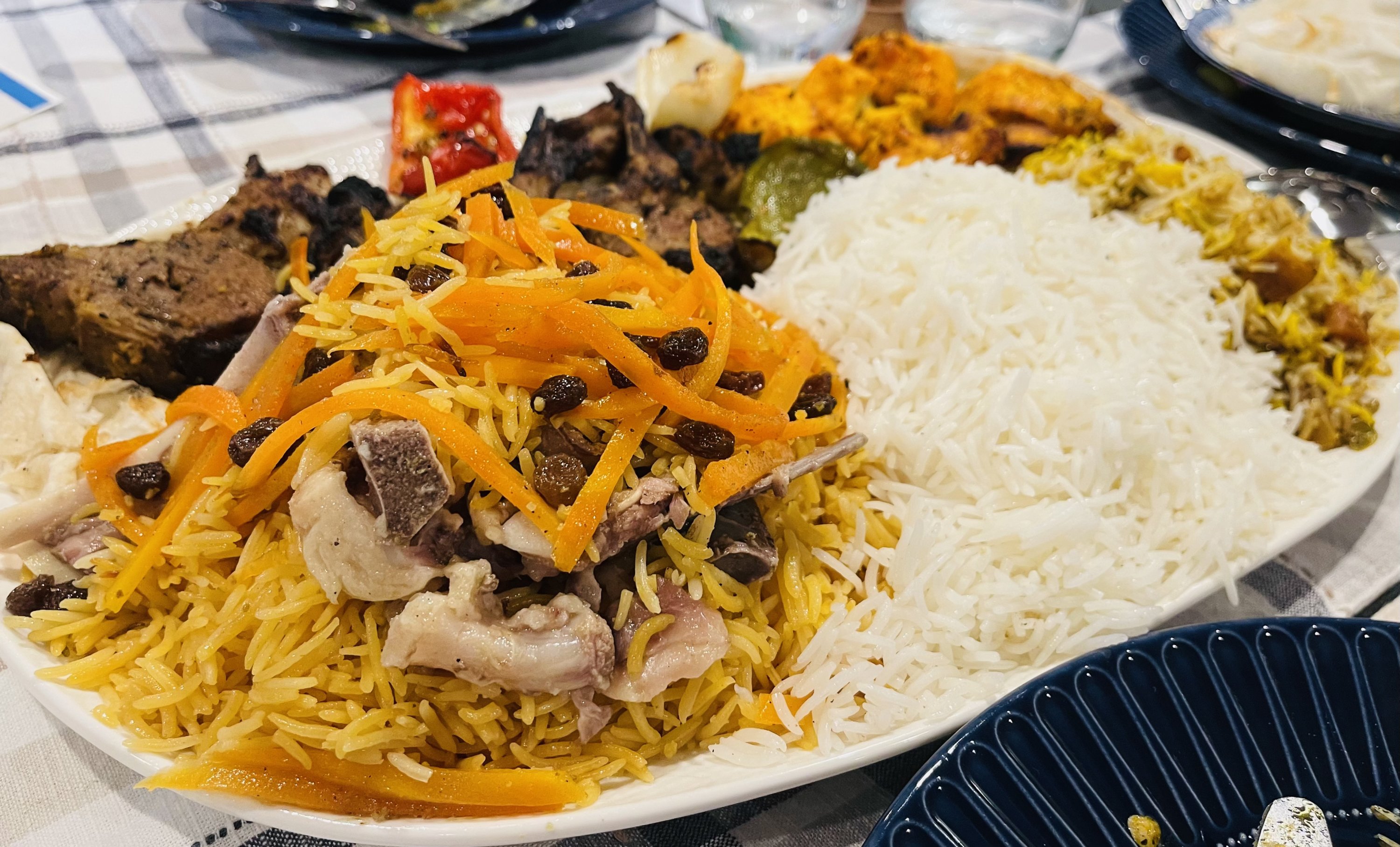
The menu at My Kabul is a round-up of familiar Afghan dishes. Qabuli pulao—the fluffy long-grain rice pilaf with lamb, slivers of carrot, pistachios, and raisins—is especially popular. Mantu, beef-filled dumplings topped with garlic-infused yogurt and spiced tomatoes, are one of Noori’s favorites. And like many of Washington’s great Afghan eateries, My Kabul offers plenty of vegetarian options: a fried eggplant dish called bouranee baudnjan, potato-stuffed bolani, and stews made with okra and spinach.
“I’ve never cooked before,” Noori laughs. “But the people who work here, they’re good cooks. It can’t get more authentic than this. These people were in Afghanistan a few years ago, and now they’re here.”
Noori says My Kabul is also the only restaurant in the area to serve sheer yakh, a type of freshly made ice cream popular in Afghanistan. He hired an experienced Afghan “ice cream guy” and equipped the restaurant with a rustic ice cream maker.
Noori says they chose the space in Laurel because it was affordable, but they hope to soon expand to the Annandale or Alexandria area, which have larger concentrations of Afghan immigrants and refugees.
The refugees who evacuated in 2021, including Noori and his family, are in a tenuous situation. The so-called humanitarian parole status granted to them by the Biden administration is set to expire in August, after Congress failed to pass the Afghan Adjustment Act, which would have opened up easier pathways to permanent legal status. Noori’s brother-in-law got an asylum claim approved, but the rest of his family must apply for “re-parole” this summer, along with thousands more refugees. He hopes to establish a private space in the restaurant where his staff, some of whom also formerly worked as case managers, can help refugees apply for re-parole.

